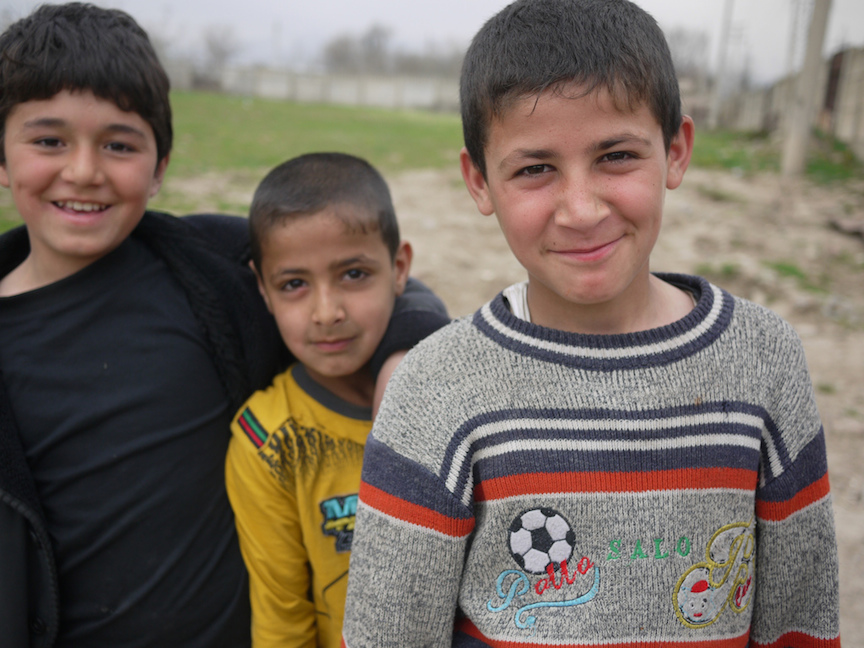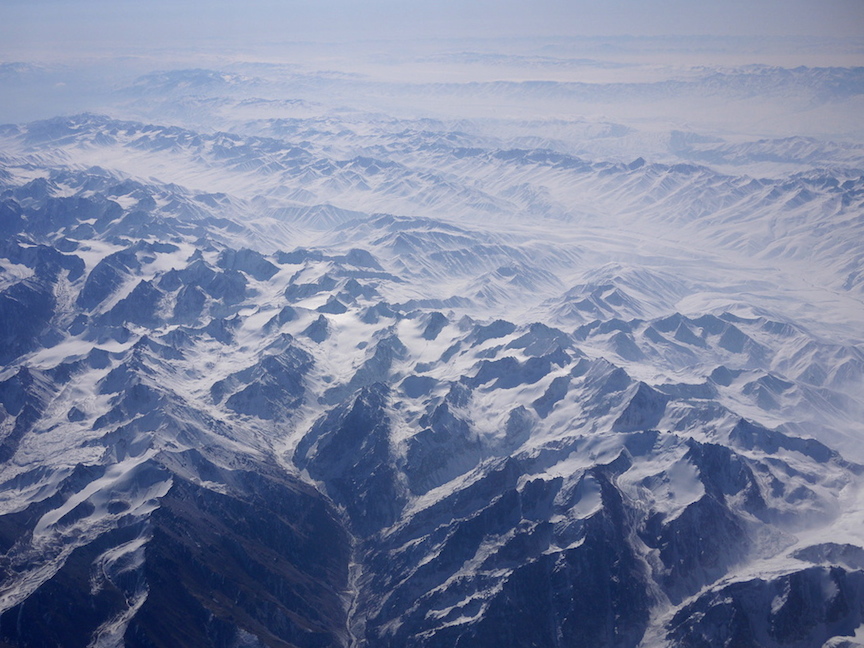
Mountains cover more than 90% of Tajikistan, and half of the country sits 10,000 feet or more above sea level.
The Pamir mountains of Tajikistan are formed by the intersection of five mountain ranges, including the Himalayas, thus earning it the title the “Roof of the World.”
The flight from Almaty, Kazakhstan, to Dushanbe, Tajikistan, is the most dramatic and beautiful that I have experienced. For several hours you traverse mountain ranges that appear to extend infinitely in all directions.
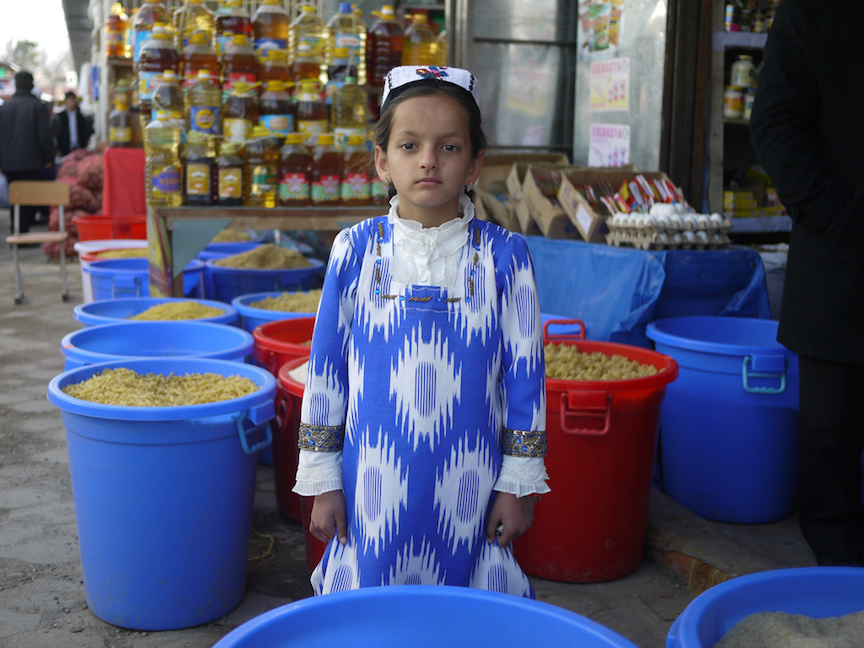
As the conference to kick off our project opened on Saturday morning, it began to snow heavily. By the end of the day, the city was paralyzed and the airport was closed. It remained closed for three days, and I settled into the reality that I might be there for some time. Admittedly, there are worse places to be stranded, and this break afforded me the rare opportunity to oblige our communications department and file this report from the field.

With little arable land and a turbulent political history, the economy of Tajikistan has long suffered. Tajikistan is the poorest of all Central Asian countries. Despite not having a large industrial base, Tajikistan has more than its share of environmental challenges, particularly from uranium and stocks of dangerous, obsolete pesticides like DDT. These are not new problems.
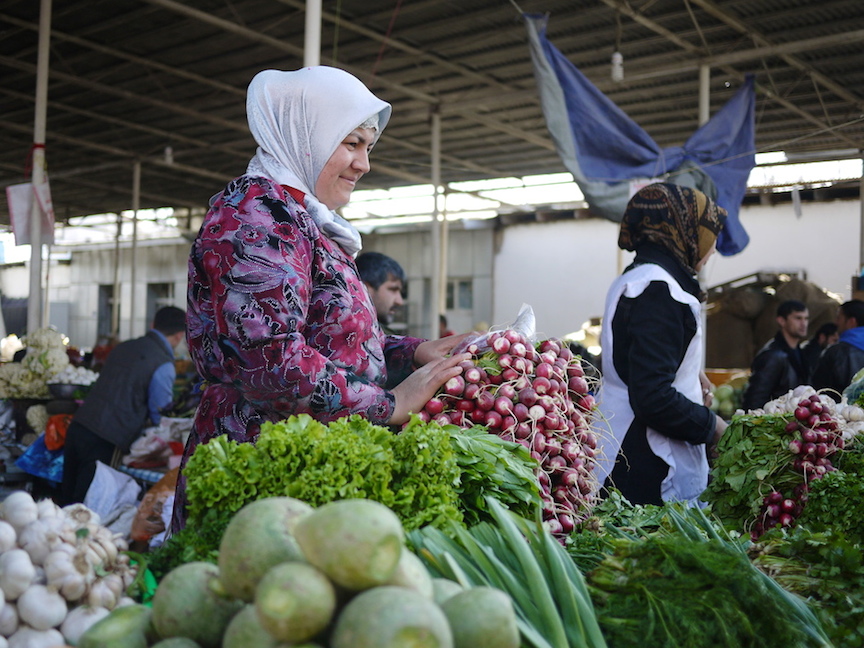
Most of the pollution results from activities during the Soviet period, and while these threats have been assessed and documented by a variety of international agencies, little has been done to actually improve the situation. Several local colleagues told me that Tajikistan is the setting for countless international “paper projects” that culminate in reports, but few that result in real action. That is why Blacksmith Institute is currently working to secure funding to conduct much-needed physical cleanup work here.
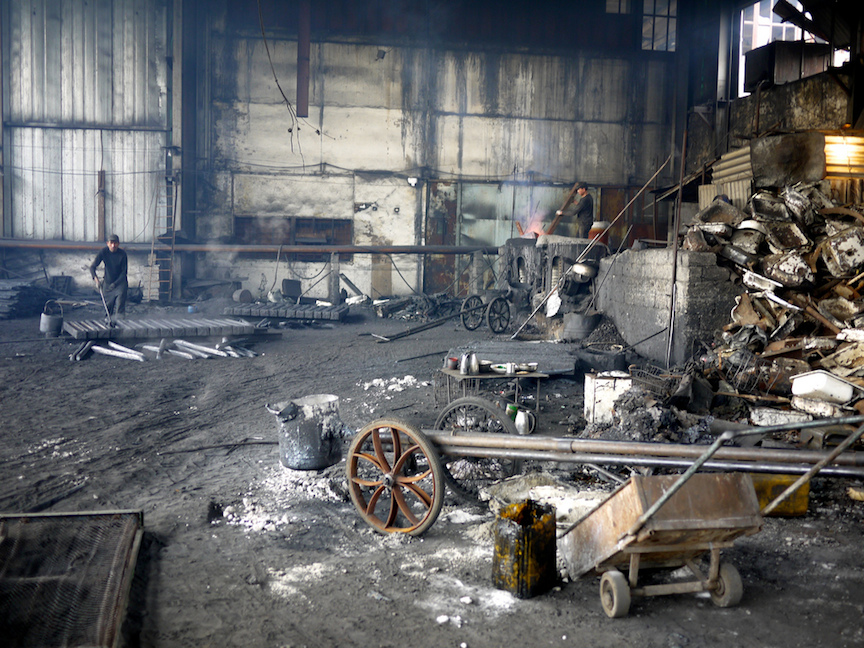
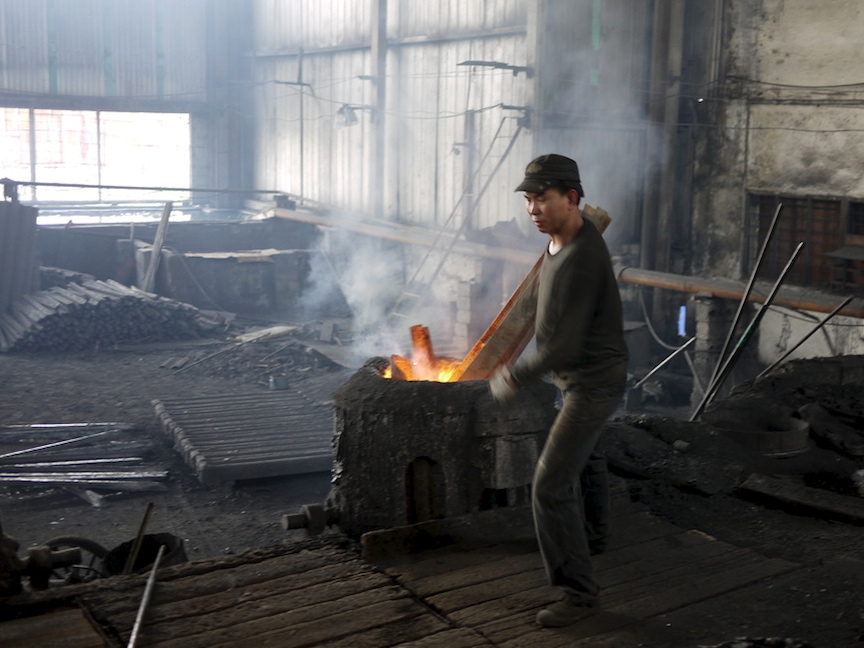
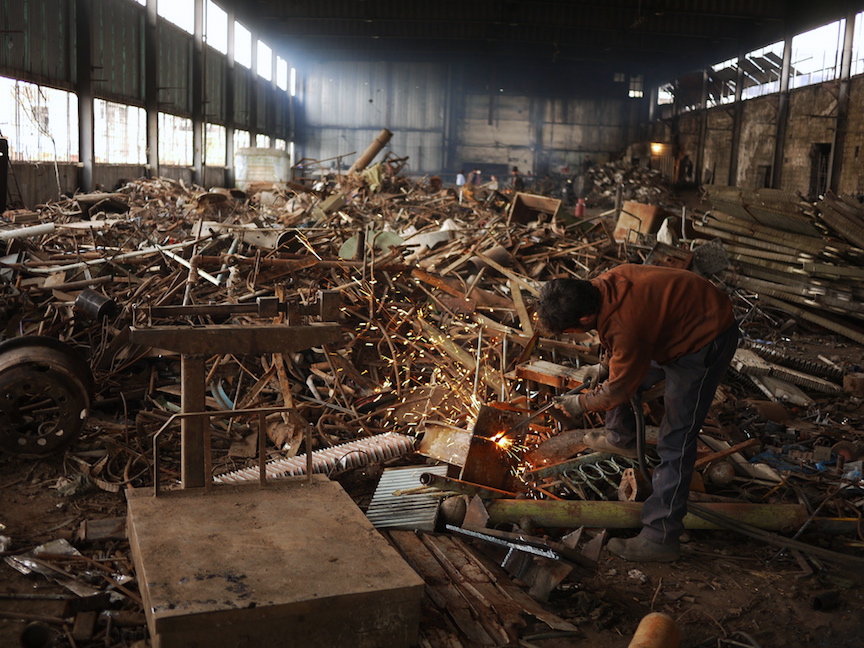
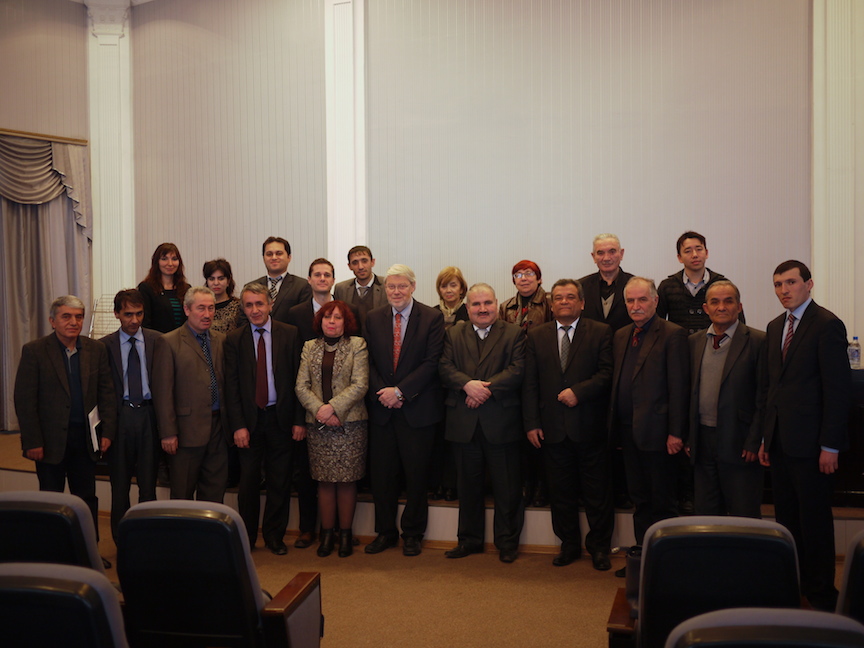
The environmental professionals I have worked with in Tajikistan are capable and dedicated, but they need help. The country is poor, and the toxic dumps left from the Soviet era continue to make people sick. It’s always hard to arouse people’s passions about a foreign place that they have not experienced first hand. So, if you can, come to Tajikistan. It will reward the adventurous handsomely.
